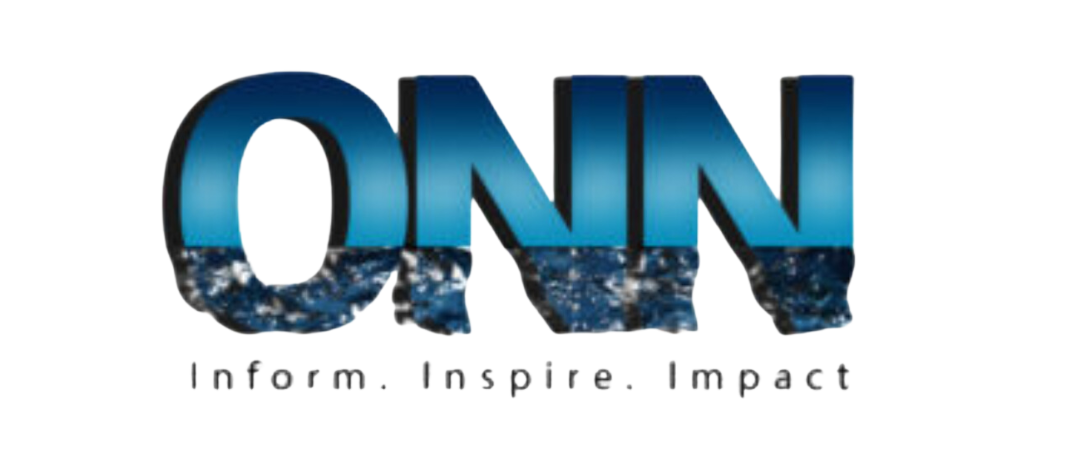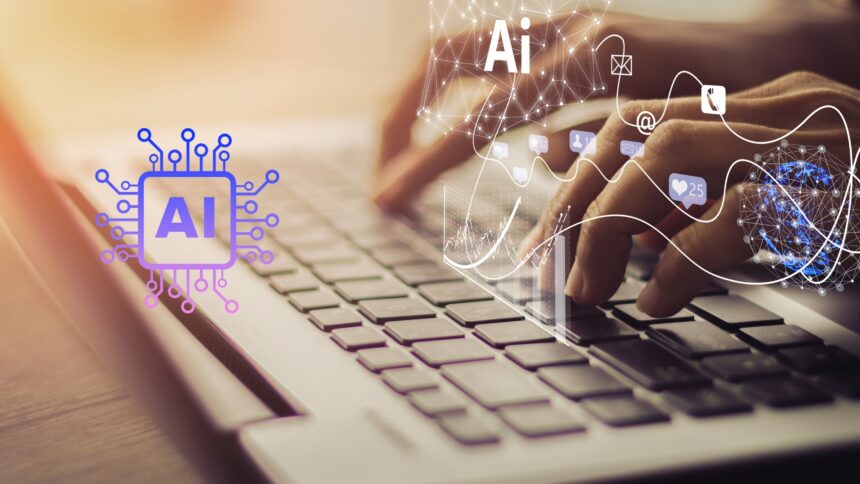In the contemporary world, Artificial Intelligence (AI) has emerged as both a revolutionary force for progress and an ominous specter of potential danger. While AI promises to transform industries, enhance efficiency, and advance scientific discovery, it also harbors significant risks that demand careful consideration. As society integrates AI into various facets of life, it is crucial to acknowledge and address the hazards that accompany its proliferation.
Unforeseen Consequences:
One of the primary concerns surrounding AI is the potential for unintended consequences. As AI systems grow increasingly complex and autonomous, their behavior becomes less predictable. This unpredictability poses a significant risk, as AI algorithms may exhibit biased or unethical behavior, leading to harmful outcomes. For instance, biased decision-making in AI-powered hiring systems can perpetuate discrimination and exacerbate societal inequalities.
Privacy and Surveillance:
The widespread adoption of AI-powered surveillance technologies raises profound privacy concerns. Facial recognition systems, predictive analytics, and data mining techniques enable the mass collection and analysis of personal information, encroaching upon individuals’ privacy rights. Moreover, the integration of AI into surveillance apparatus amplifies the risk of authoritarian surveillance states and Orwellian dystopias, where citizens are subject to constant monitoring and control.
Job Displacement and Economic Disruption:
While AI holds the promise of streamlining processes and boosting productivity, its implementation may also lead to widespread job displacement and economic upheaval. Automation driven by AI technologies threatens to render countless jobs obsolete, particularly in industries reliant on repetitive tasks. Without proactive measures to retrain and reskill the workforce, this displacement could exacerbate unemployment and deepen socioeconomic disparities.
Manipulation and Propaganda:
The proliferation of AI-powered algorithms on social media platforms has facilitated the dissemination of misinformation and propaganda at an unprecedented scale. These algorithms, designed to maximize user engagement, often prioritize sensational content over factual accuracy, fostering the spread of falsehoods and divisive narratives. As a result, AI-driven disinformation campaigns pose a threat to democratic institutions and public discourse, undermining trust in reliable sources of information.
Autonomous Weapons and Warfare:
The development of autonomous weapons systems, enabled by AI technology, presents a grave existential risk to humanity. These lethal autonomous weapons, capable of making life-or-death decisions without human intervention, raise profound ethical and humanitarian concerns. The deployment of such systems in warfare could lead to unintended escalation, civilian casualties, and the erosion of international norms governing armed conflict. Consequently, there is a growing call for global regulation to curb the proliferation of autonomous weapons and mitigate the risks they pose.
Ethical Considerations and Accountability:
At the heart of the AI dilemma lies a fundamental question of ethics and accountability. As AI systems become increasingly autonomous, who bears responsibility for their actions and decisions? Ensuring that AI technologies adhere to ethical principles and respect human rights requires robust governance frameworks and regulatory oversight. Moreover, promoting transparency and accountability in AI development and deployment is essential to building trust and mitigating potential harms.
Conclusion:
While the potential benefits of AI are vast, so too are the dangers it presents. From unintended consequences and privacy infringements to job displacement and existential risks, the hazards of AI demand careful consideration and proactive measures to mitigate them. As we navigate the complexities of AI integration, it is imperative to prioritize ethical considerations, safeguard individual rights, and foster responsible innovation. Only through concerted efforts to address these challenges can we harness the transformative potential of AI while minimizing its perils.
Image created by L.Ifill



